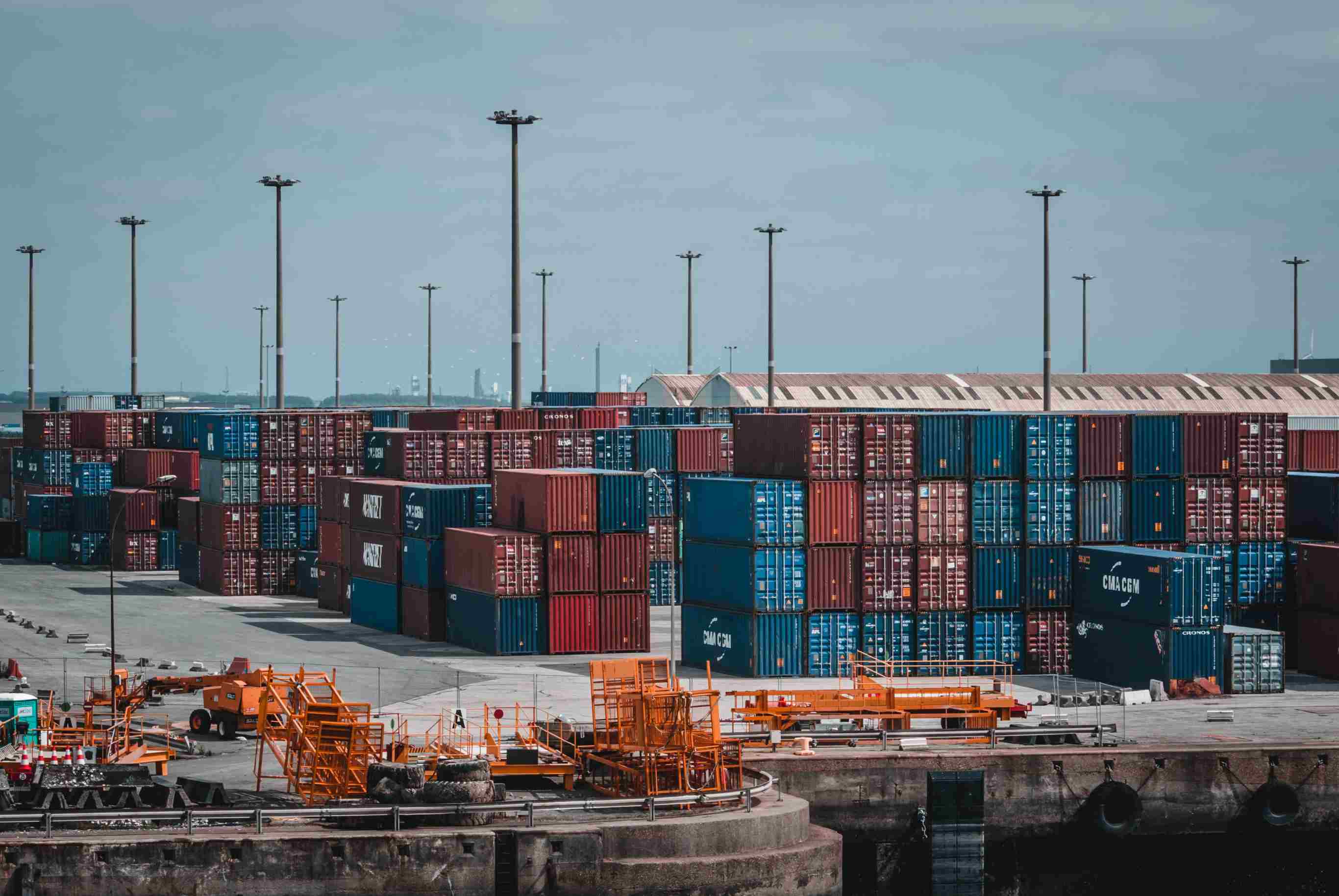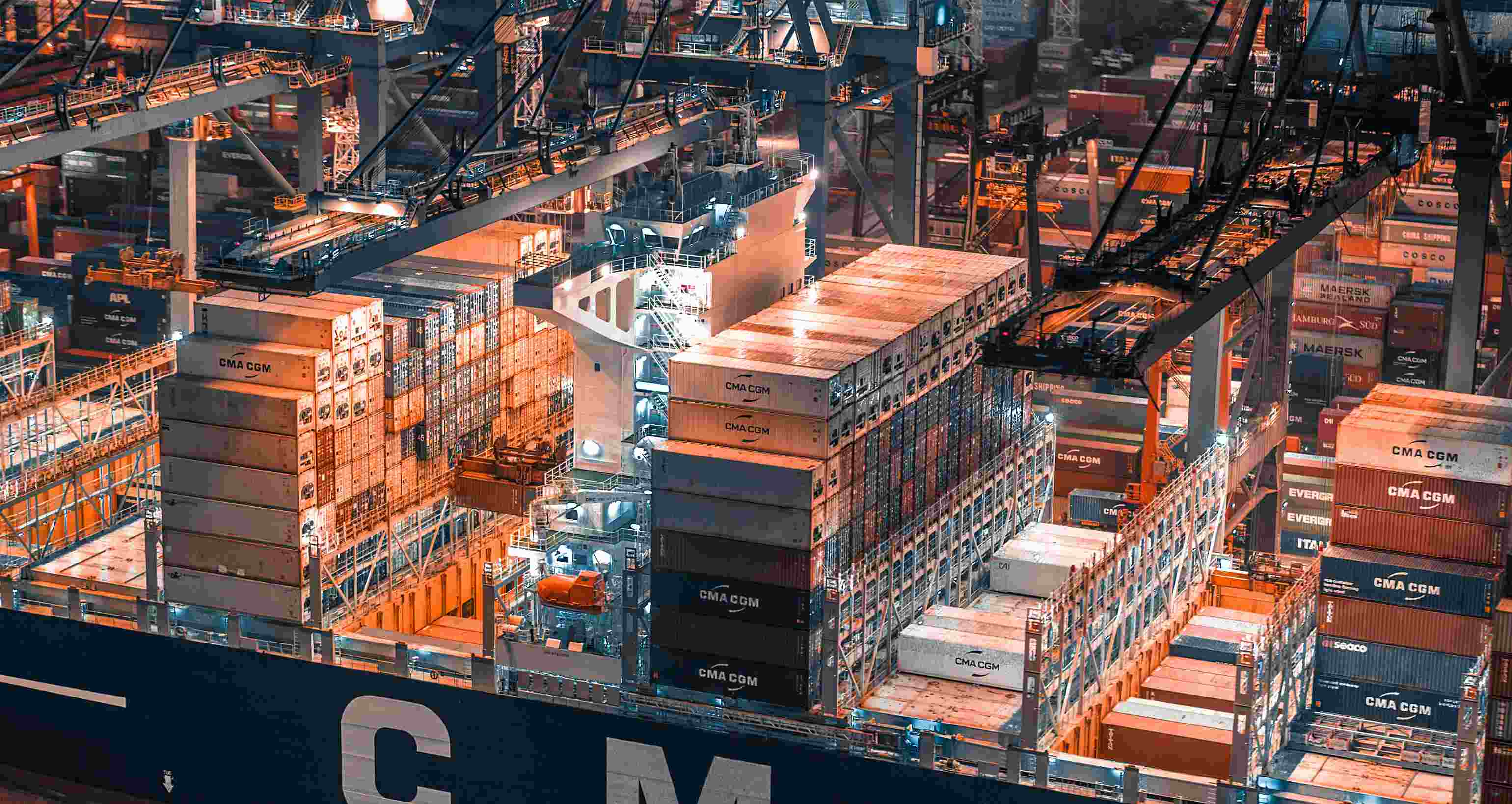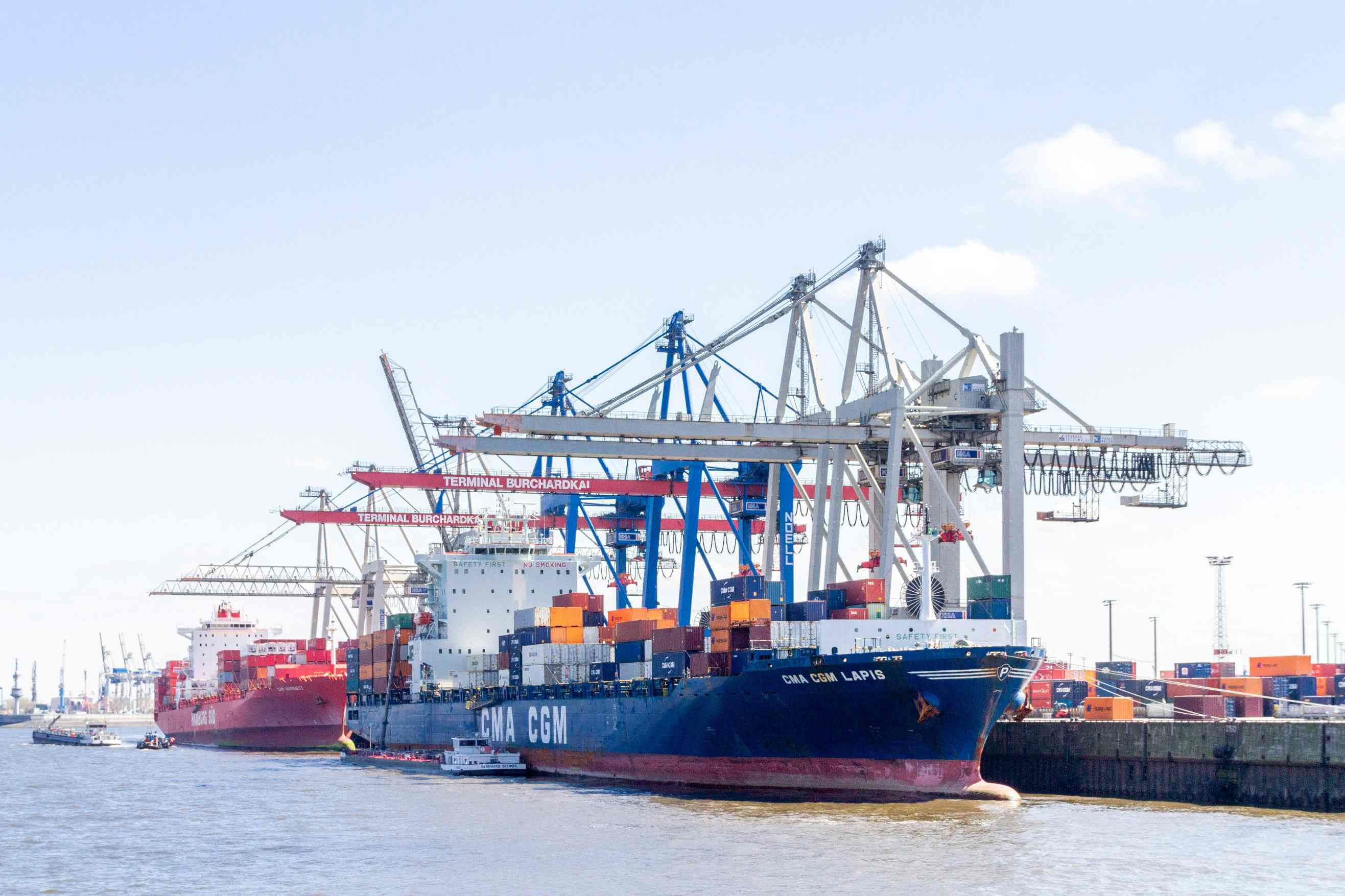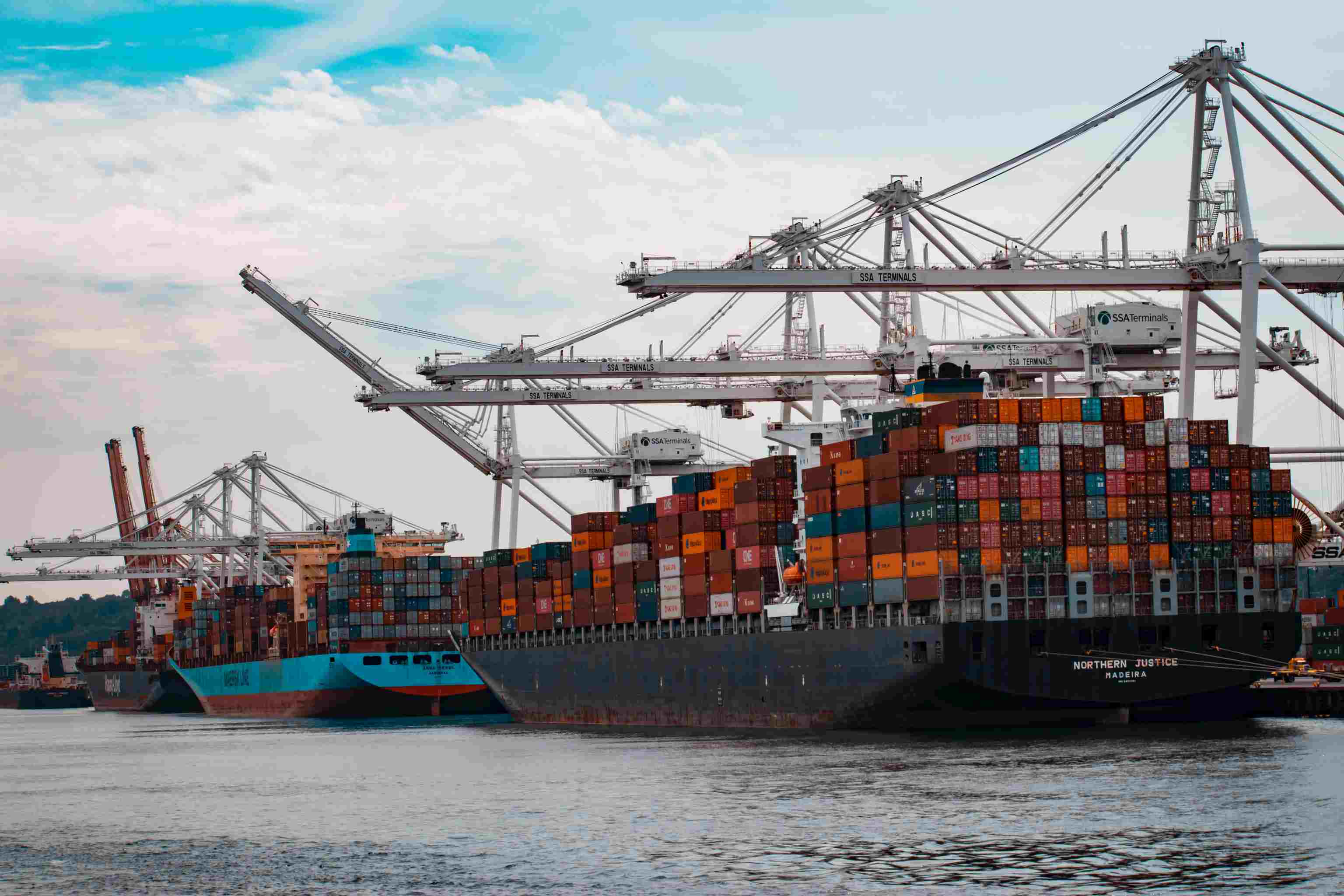Oil cargo volume rebounded slightly, liquid bulk cargo performance was mixed
In the first quarter, under the influence of rising oil demand and the outbreak of conflicts in Middle East oil-producing countries, oil prices showed a "V" fluctuation, and crude oil prices bottomed out in February and rebounded. However, the situation of sufficient global oil reserves and long-term oversupply in the oil market has not fundamentally changed. The international oil transportation market has basically maintained a stable trading volume, and oil-based liquid bulk ports have performed steadily.
The volume of oil products in Asian ports rebounded slightly shipping container cost
In the first quarter, the import enthusiasm of China and other major oil consuming countries remained. In addition, Russia ’s sharp reduction in oil export taxes was conducive to driving oil exports. Saudi Arabia ’s increase in the prices of oil products exported to Asia conveyed optimism, and oil transportation in Asia rebounded slightly. In this quarter, Singapore's oil throughput has stopped falling and stabilized; South Korea's oil import demand has partially shifted to Europe, and due to the fluctuation of international oil prices and geopolitical influences, the overall throughput of oil cargo has maintained a small dynamic trend; China has been bottlenecked by its own crude Due to restrictions, the demand for international crude oil has continued to increase. The import volume of crude oil at ports has increased by 7.5% year-on-year, and has fallen by almost 0.7 percentage point compared with the same period last year.
The performance of liquid bulk cargoes in European ports is uneven
In the first quarter, the international crude oil price effectively boosted the throughput of European ports' crude oil and its petroleum products. At the same time, the North Sea and the Baltic Sea have adopted stricter fuel standards for ships since the beginning of the year, which has reduced the demand for marine diesel fuel, which has led to a decline in liquid bulk cargoes in some European ports. During the quarter, liquid bulk cargoes in the port of Rotterdam clearly recovered. Crude oil and mineral oil products and natural gas throughput increased significantly year-on-year, especially for natural gas, which saw a 138% increase year-on-year. The performance of different types of goods varies, and the overall trend is downward.





